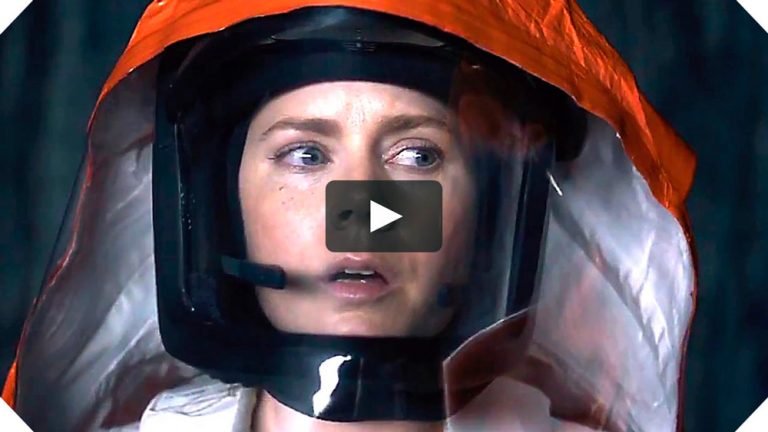
Emmanuel Alcantar
Humans have been contemplating what the arrival (pun not intended) of extraterrestrial life would mean. How advanced is their technology? Would they be peaceful? How many people would they kill if they weren’t? It’s the last question that people have clung to, as the premise of many science fiction novels and films involves humanity at war with aliens. But the question that is not often asked is whether the aliens would fire the first shot, or would humanity?
That is one of the questions that “Arrival” seeks to answer. Directed by Denis Villeneuve (“Prisoners,” “Sicario”), Amy Adams plays Dr. Louise Banks, a linguistics expert who is hired by the military to decode the language used by the aliens after 12 unidentified ships land in different locations around the world. Not being told much by Colonel Weber (Forest Whitacker), Banks must work with physicist Ian Donnelly (Jeremy Renner) to answer one simple question by these “heptapods” as they are later called in the film: what is their purpose here on Earth?
There also appears to be a timely sociopolitical element to the film’s plot, as several countries opened communication with one another to share information about the aliens and what they’d deciphered of their language so far. With the current direction of the U.S. veering towards an isolationist foreign policy, “Arrival” offers a positive look on diplomacy and language (Banks herself refers to language as the “cornerstone of civilization”); even if human nature seeks to deter that.
The film does away with some of the conventional structure of having flashbacks serve to inform the characters (that is all I can say without spoiling the film), but the audience can see that Louise has some darkness to her and her past. Louise never shouts throughout the film; she is never hysterical. There is an eerie, almost empty look to her eyes every time she converses with another character.
Her placidness conveys a lingering sense of melancholy throughout the film and Adams gives a quietly confidant and restrained performance reminiscent to the one she gave in Tim Burton’s “Big Eyes.” Villeneuve also helps by not drowning the film in CGI and allows Adams to ground the narrative.
On an aesthetic level, this film is beautifully striking in its minimalism. Cinematographer Bradford Young, who shot “A Most Violent Year” and “Selma,” shoots many of the scenes in the film with negative space and lends the film a very ethereal look. Jóhann Jóhannsson’s score also seemed to steer more towards ambiance and atmosphere than pummeling to build suspense.
“Arrival” offers a snapshot of Villeneuve’s take on science fiction (the director is slated to direct a sequel to “Blade Runner” that is set to come out in 2018), but there are clear allusions to Stanley Kubrick’s “2001: A Space Odyssey.” There are shots of people in hazmat suits and the unidentified flying objects are shot similarly to the monoliths in “2001.” One of my concerns is that the film may appear to be too sterile at times and may alienate the audience with lack of emotion, as well as its slow, deliberate pacing.
Despite what the marketing of this film may suggest, “Arrival” is an ambitious, enthralling, contemplative, and cerebral take on “first contact” alien films. It forces the audience to contemplate the psychology of language and the impact of grief on our timeline. But for all its seeming dourness, the film and Amy Adams’ performance present a glimmer of hope on the state of humanity.










